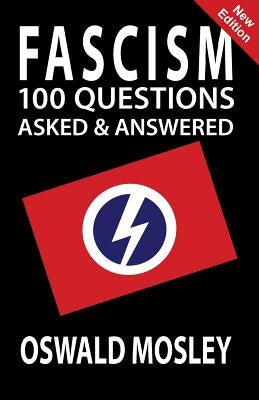The Law
$19.99
The Prison Notes
$25.99
Crystallizing Public Opinion
$20.25
When Google Met Wikileaks
$16.95
The Mill
$51.99
Our Enemy, the State
$9.95
Fascism for the Million
$22.00
Moscow and Muscovites
$25.00
Yemen in Crisis: Road to War
$24.95




















































